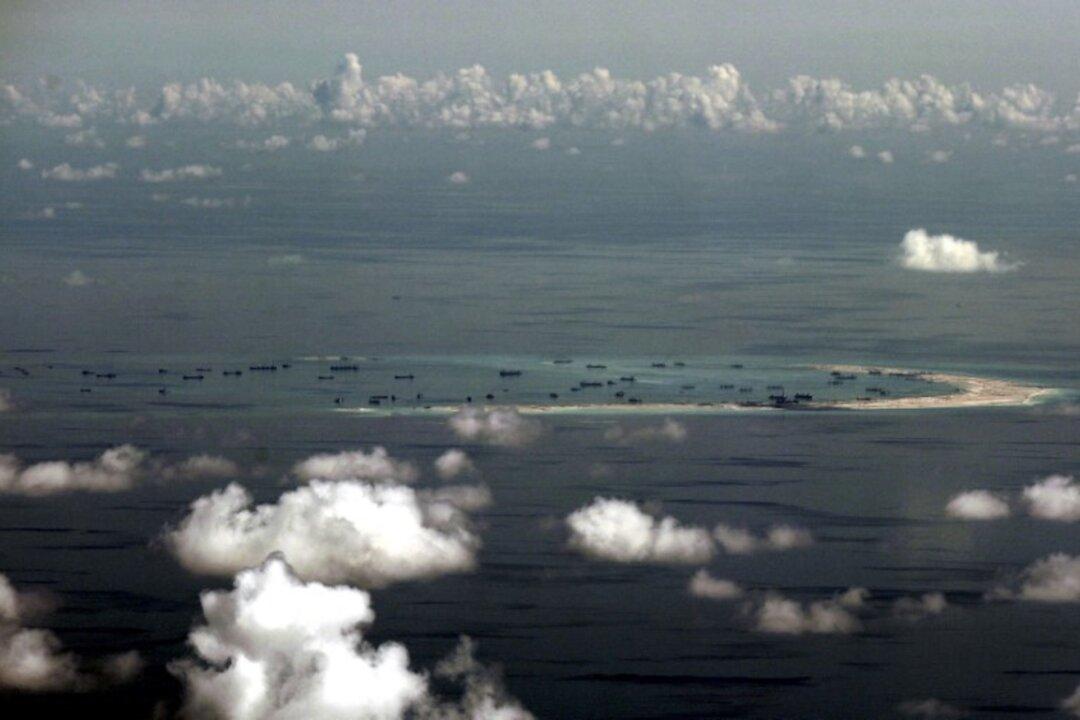The Philippine Supreme Court (SC) ruled on Jan. 10 that the country’s 2005 oil exploration deal with China and Vietnam was unconstitutional for allowing foreign entities to exploit natural resources in Philippine territories in the South China Sea.
The Joint Marine Seismic Undertaking (JMSU) was signed on Mar. 14, 2005, by state-run Philippines National Oil Company, China National Offshore Oil Corporation, and Vietnam Oil and Gas Corporation, covering 55,169 square miles of sea area.





